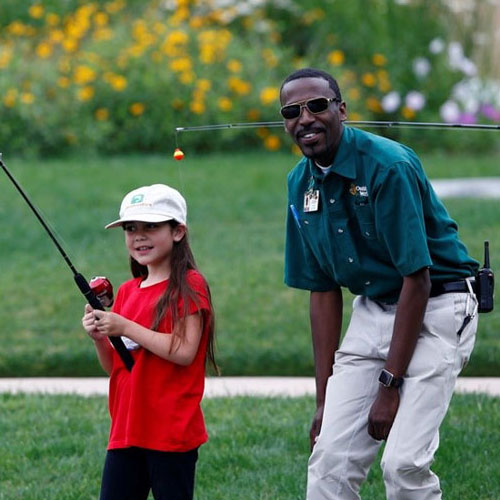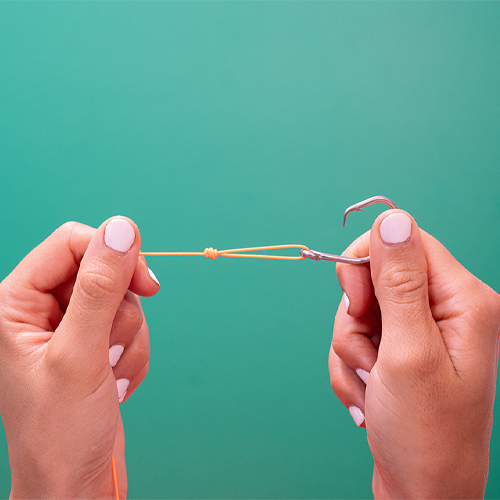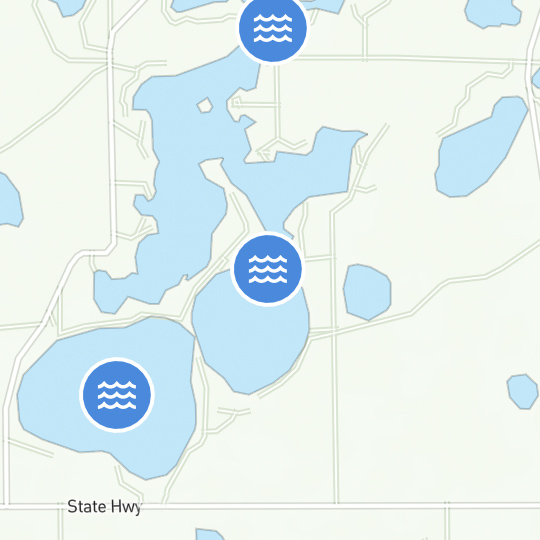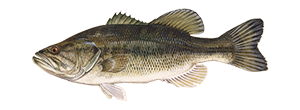Sustainable Fishing Methods
As a responsible angler, you should practice sustainable fishing methods every time you are on the water. These practices help protect fisheries and marine ecosystems for future generations.
Find out which actions you can take to contribute towards fishing conservation and the preservation of our fisheries.
Applying Sustainable Fishing Methods
Applying sustainable fishing practices and methods isn't hard. You just have to be aware of how your actions affect aquatic wildlife and habitats. If you aren't sure how to start, these tips on how to fish sustainably will guide you.
Understanding Fishing Ethics & Regulations
First and foremost, you need to have an understanding of why fishing regulations are put into place by our state agencies. Biologists and fisheries scientists closely monitor fish populations in order to determine if any notable changes in numbers are taking place. Based on these findings, fishing regulations may be updated to decrease bag limits, slot limits, or the length of fishing seasons for certain species.
This is why fishing laws and regulations can change often, and why it's also incredibly important to follow them.
Practicing Catch & Release Fishing
Whether you are beginning angler or someone who has been fishing for years, you should ask yourself if you really need to keep any fish within the legal regulations that you catch, or if it makes more sense to practice catch and release. Smart catch and release techniques will help ensure the survival of any non-invasive fish you catch. When fish are released healthy, and can continue to reproduce, this plays a major role in sustainable eco-systems.
If you decide not to practice catch and release because you want to keep fish that are within the regulations, be sure to eat them to avoid any waste.
Considering Your Footprint
One of the key sustainable fishing tips for beginners and experienced anglers is to consider your footprint. This doesn't refer to the one you leave on the shoreline from your boots or waders, but it does refer to your carbon footprint.
You may not even be aware that some of your habits could be considered unsustainable fishing practices. These positive examples might encourage you to think about other ways you can help protect our environment and fisheries.
- If you have a boat, make sure it is properly maintained to avoid burning excess fuel or oil, and don't forget to have your prop checked on a regular basis.
- Fill reusable water bottles for your fishing trips instead of using disposable plastic bottles.
- Reuse and recycle your fishing tackle or gear whenever possible.
- Always dispose or recycle your fishing line by using the proper receptacles. Many public boat ramps have recycling bins for monofilament fishing line that you can use.
By taking some of these simple steps, you can make a difference in contributing to the longevity of our waterways and fish populations.
KEEP LEARNING

First Catch Center Trailer Gallery
FCC Trailer Photo Gallery
LEARN MORE

How to Tie a Duncan Knot
Learn to tie a Duncan knot by following these five simple steps. Watch our new video.
LEARN MORE

Welcome to Angler Academy!
No one said you can’t bring fishing inside! There’s lots of fun activities we can do right from home
LEARN MORE


.png?lang=en-US&ext=.png)